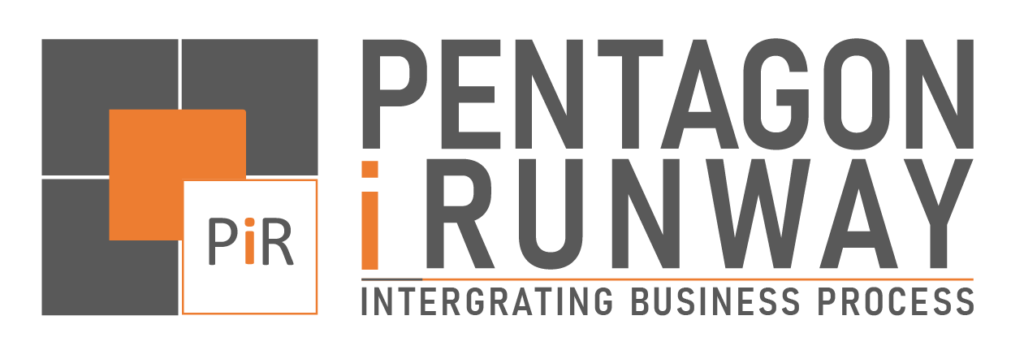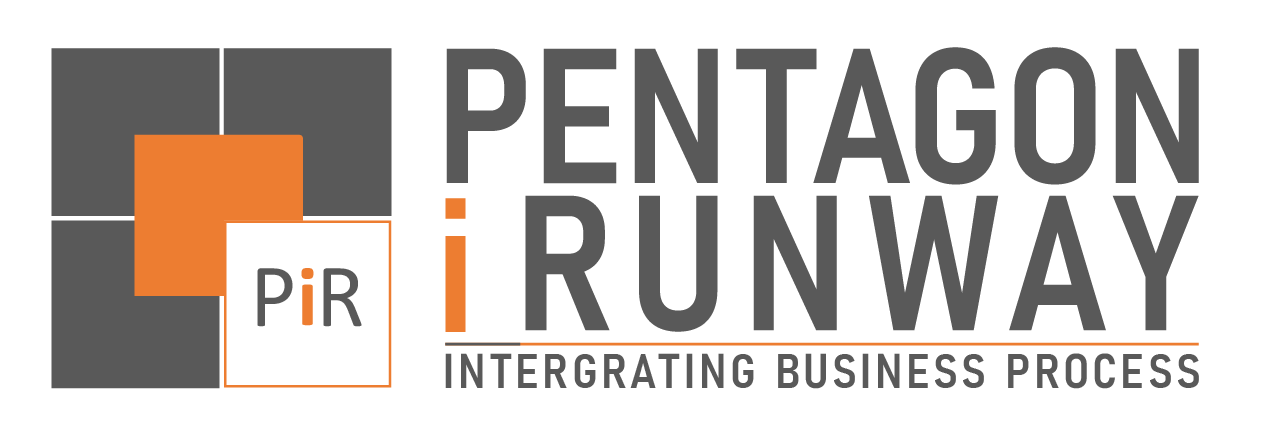95% of Manufacturers Are Investing in AI
But 49% Lack Implementation Skills: Here’s How to Bridge the Gap
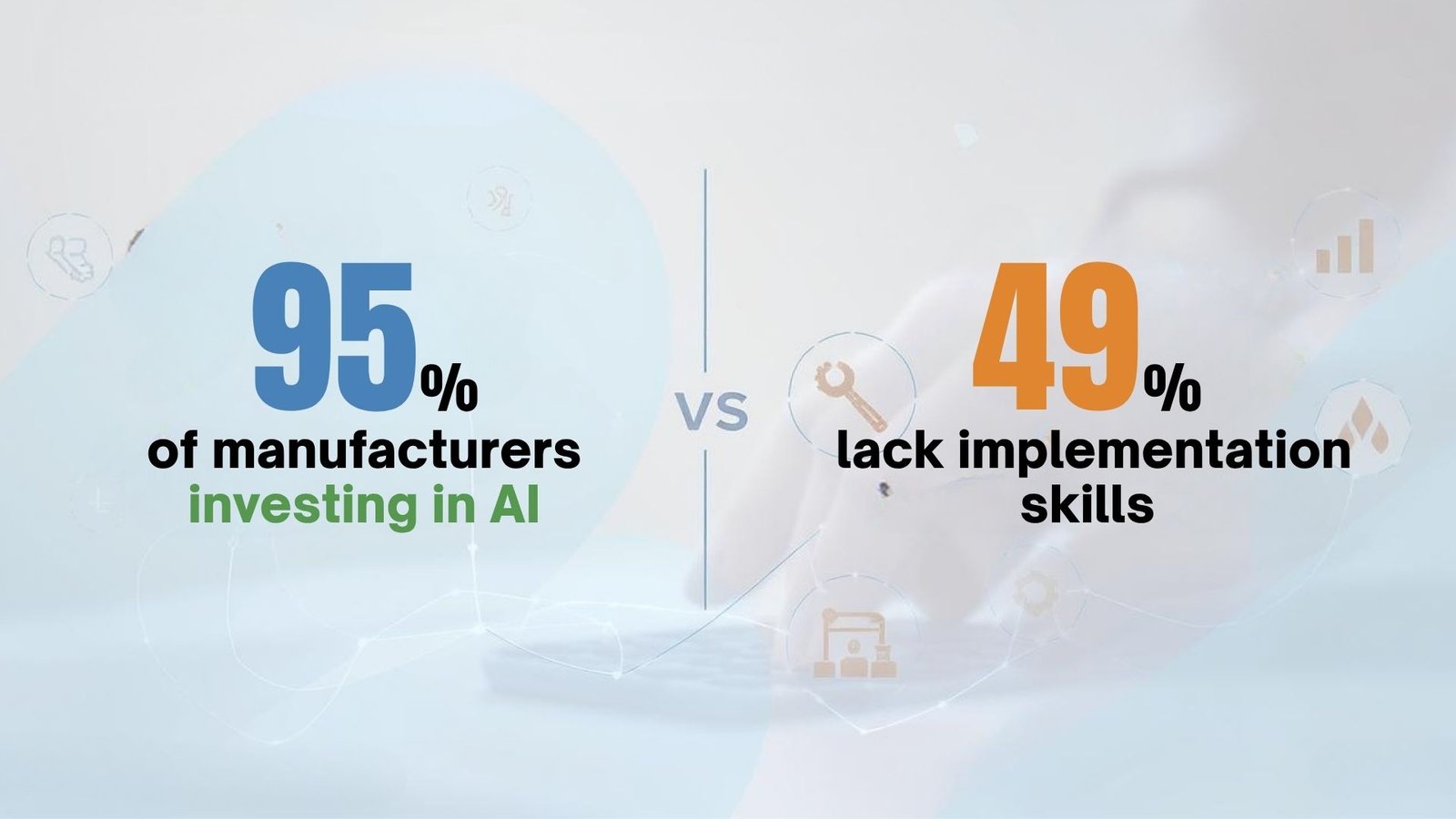
Yesterday’s Rockwell Automation study sent shockwaves through the manufacturing world: 95% of manufacturers plan to invest in AI/ML over the next five years. But buried in the same report was a sobering reality check – 49% admit they lack the implementation skills to make these investments successful.
This represents a $20.8 billion opportunity by 2028, with a compound annual growth rate of 45.6%. Yet, the gap between investment enthusiasm and implementation capability threatens to derail this digital transformation for nearly half of all manufacturers.
Key Findings from the Study
- • 81% say external pressures are accelerating digital transformation
- • 95% have invested or plan to invest in AI/ML within 5 years
- • 49% plan to use AI for cybersecurity in 2025 (up from 40% in 2024)
- • 48% plan to repurpose or hire additional workers due to smart manufacturing
The AI Investment Landscape: Massive Opportunity, Massive Challenge
Market Size by 2028
Expected AI in manufacturing market value with 45.6% CAGR
Investment Rate
Manufacturers investing in AI/ML over next 5 years
What’s Driving the Investment Rush?
Supply Chain Disruptions
Global supply chain volatility drives need for predictive analytics and intelligent planning
Labor Shortages
41% using AI to close skills gaps and address workforce challenges
Competitive Pressure
Need for operational efficiency and data-driven decision making
In the Asia-Pacific region, including our key markets of Sri Lanka and Australia, manufacturers are particularly focused on leveraging AI for quality control (50% planning implementation) and predictive maintenance, recognizing the critical role of technology in maintaining competitive advantage.
The Implementation Reality Check
While investment enthusiasm runs high, the path from AI investment to successful implementation is fraught with challenges that many manufacturers underestimate.
The Skills Gap Crisis
Lack implementation expertise
Up from just 10% who considered AI skills important last year
Struggle with data integration
Cannot effectively connect disparate systems
Common Failure Points
Lack of Unified Data Strategy
AI systems require high-quality, integrated data. Many manufacturers operate with data silos that prevent effective AI implementation.
Disconnected System Architectures
Legacy ERP, isolated BI tools, and separate planning systems create barriers to AI integration.
Insufficient Change Management
Technical implementation without proper training and process adaptation leads to user resistance and project failure.
The bottom line: Most manufacturers are building AI on shaky foundations, hoping disconnected systems will somehow work together seamlessly.
The Connected Systems Solution
At PentagonIT, we’ve identified the key to successful AI implementation: connected ecosystems that break down barriers between systems and create a unified foundation for intelligent automation.
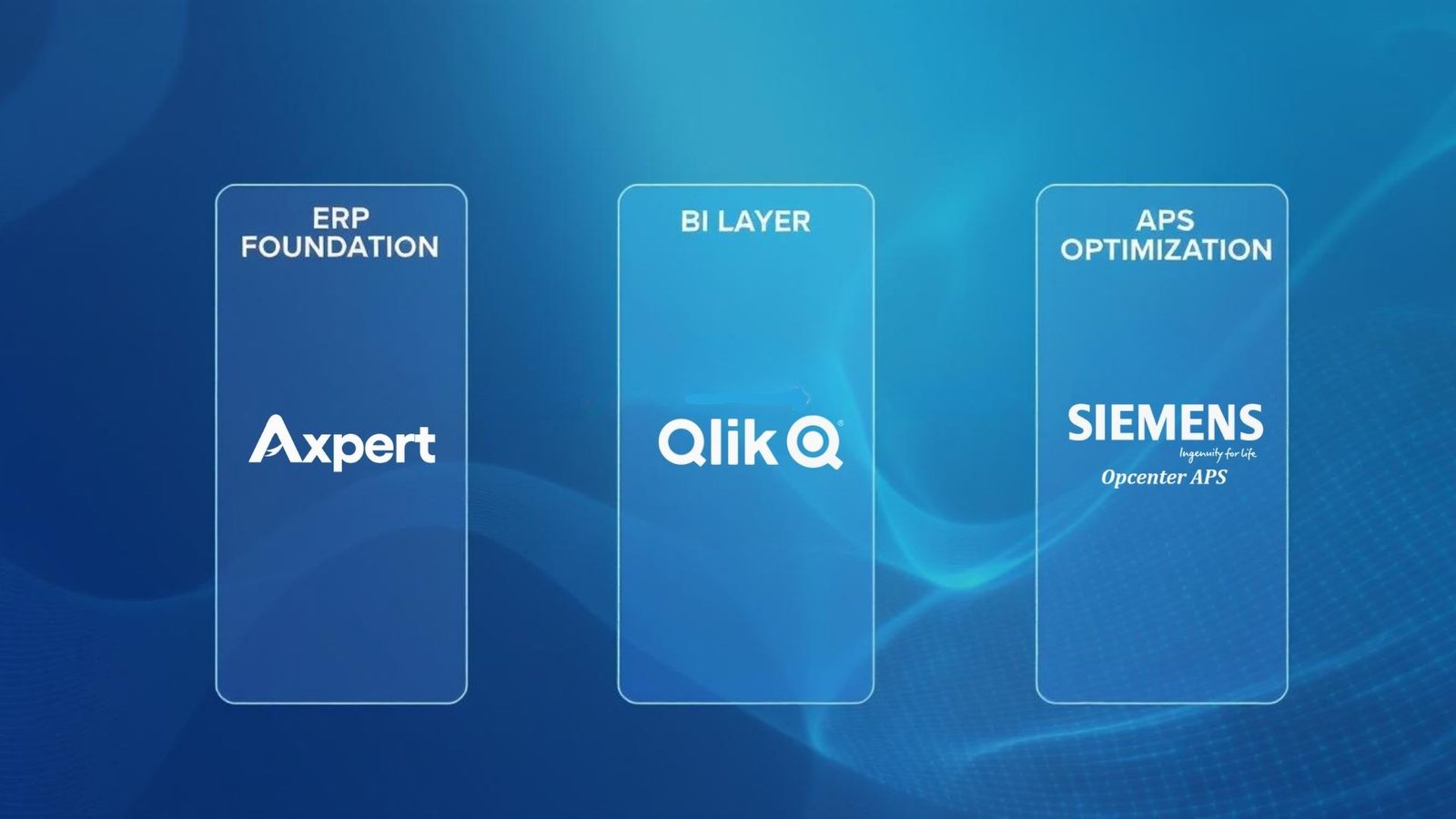
ERP Foundation
Axpert Low-Code Platform
- • Unified data architecture
- • Rapid customization capabilities
- • Future-proof scalability
- • 50% faster development
Intelligence Layer
Qlik Business Intelligence
- • AI-ready data visualization
- • Real-time analytics
- • Predictive capabilities
- • Self-service insights
Smart Planning
Opcenter APS
- • Intelligent optimization
- • Dynamic scheduling
- • Resource allocation
- • Real-time adaptation
Integration Benefits
Faster Deployment
Data Integration
AI Success Rate
Regional Success Stories
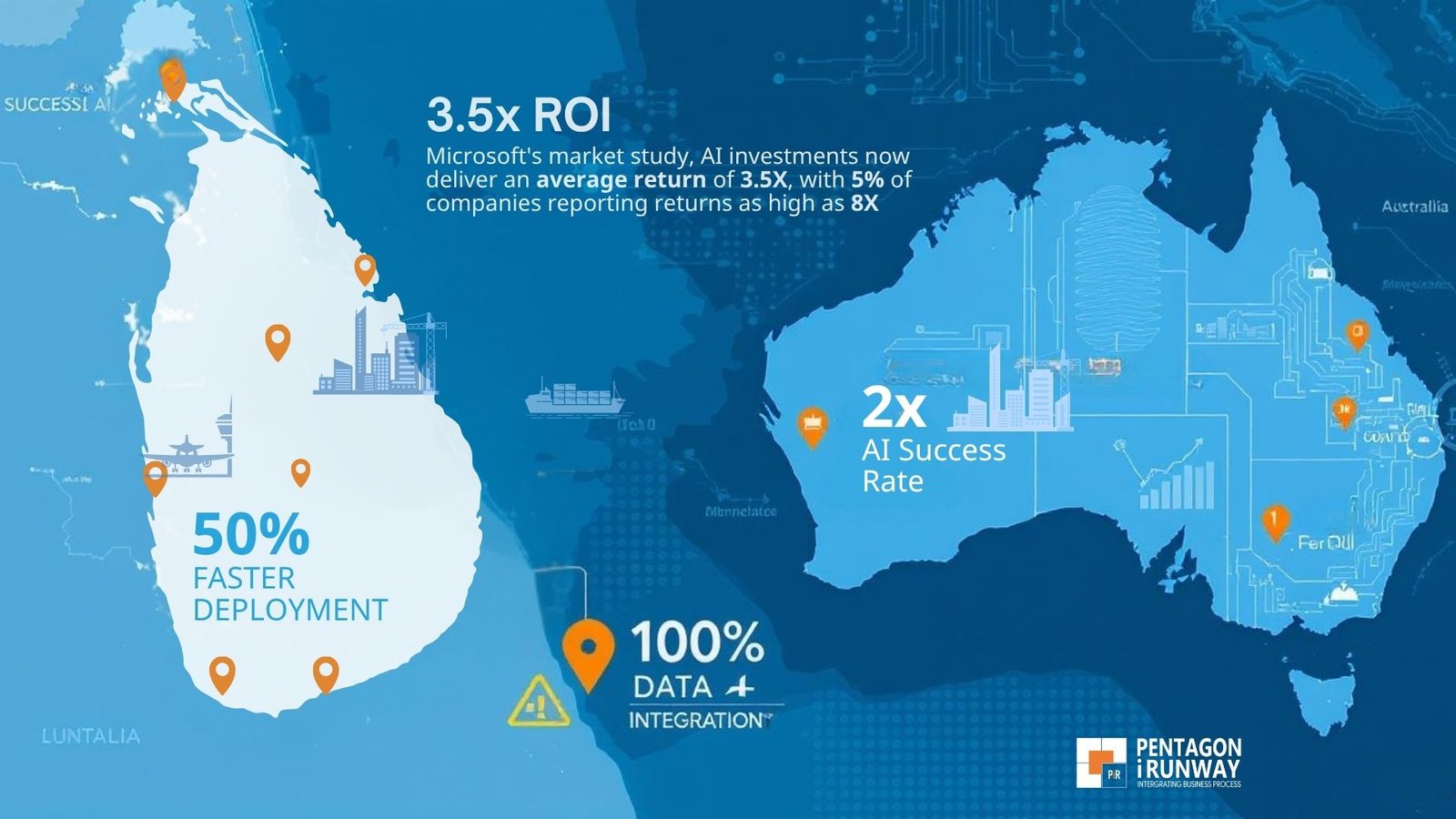
Sri Lankan Manufacturing
Textile Industry Transformation
Leading apparel manufacturer achieved 35% reduction in planning time and 28% improvement in on-time delivery through integrated ERP-APS solution.
Food Processing Optimization
Major food processor eliminated data silos, enabling real-time quality monitoring and 15% waste reduction.
Australian Manufacturing
Mining Equipment Excellence
Mining equipment manufacturer deployed connected systems, resulting in 40% faster order processing and improved inventory accuracy.
Agricultural Technology Innovation
AgTech company leveraged integrated BI and planning systems to optimize production schedules and reduce costs by 22%.
Practical Implementation Roadmap
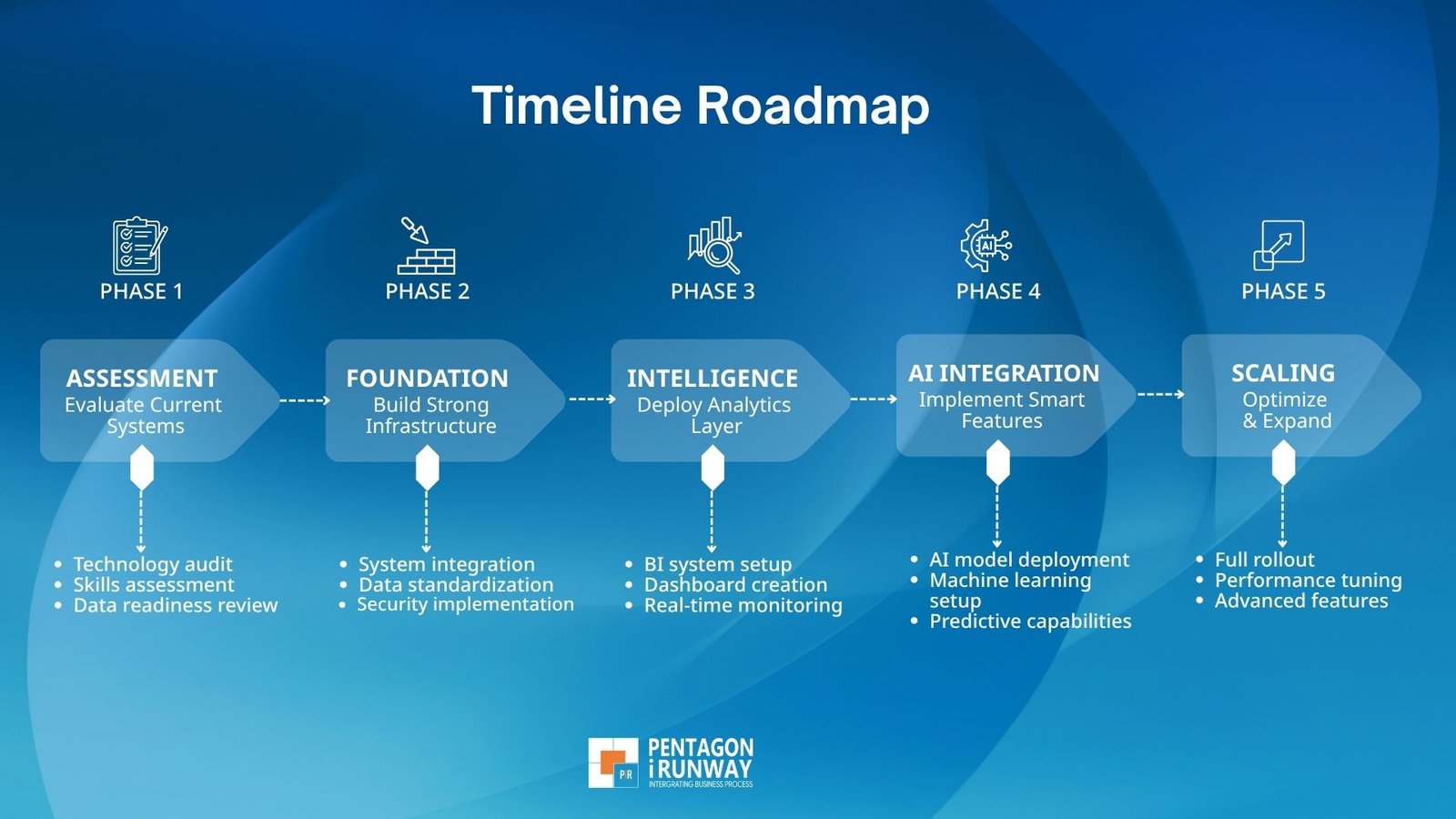
Assessment Phase
Evaluate existing ERP, BI, and planning systems
Assess data quality, integration, and accessibility
Identify training and resource requirements
Foundation Building
Implement Axpert low-code platform
Standardize and centralize data sources
Develop internal capabilities and expertise
Intelligence Layer Addition
Deploy Qlik for advanced analytics
Create role-specific visualizations
Enable self-service data insights
AI Integration
Start with high-impact, low-risk applications
Phase implementation across departments
Track KPIs and optimize performance
Scaling and Optimization
Expand AI across all operations
Refine algorithms and processes
Implement next-generation AI features
Overcoming Common Challenges
Challenge: Limited AI Expertise
Internal teams lack experience with AI implementation and integration.
PentagonIT Solution:
Partner with our implementation specialists who have 10+ years of experience. We provide comprehensive training and knowledge transfer throughout the project.
Challenge: Budget Constraints
High upfront costs and unclear ROI make investment decisions difficult.
PentagonIT Solution:
Phased implementation approach with clear ROI milestones. Start with high-impact areas and expand gradually based on proven results.
Challenge: Change Resistance
Employees fear job displacement and resist new technology adoption.
PentagonIT Solution:
Comprehensive change management program focusing on upskilling and new role opportunities. 48% of manufacturers report hiring additional workers due to smart manufacturing.
Challenge: Data Quality Issues
Poor data quality and integration prevent effective AI implementation.
PentagonIT Solution:
Integrated system architecture ensures data quality from source. Our three-pillar approach creates a single source of truth for all AI applications.
Future Outlook: The Evolution of Smart Manufacturing
As we look ahead, several key trends will shape the future of AI in manufacturing, creating new opportunities for companies that build the right foundation today.
Autonomous Manufacturing
Self-optimizing production systems that adapt in real-time to changing conditions, enabled by advanced AI and machine learning algorithms.
Sustainability Integration
AI-driven optimization for carbon footprint reduction, waste minimization, and energy efficiency across the entire manufacturing process.
Hyper-Connected Supply Chains
End-to-end visibility and predictive analytics across global supply networks, enabling proactive risk management and optimization.
Workforce Transformation
New roles focused on AI management, data analysis, and human-machine collaboration, creating opportunities for upskilling and career advancement.
The Competitive Advantage
Manufacturers who successfully bridge the AI implementation gap today will be positioned to lead tomorrow’s industry transformation. The window of opportunity is now – while 95% are investing, only those with proper integration strategies will realize the full potential.
AI Readiness Assessment
Discover how prepared your manufacturing operation is for AI implementation
1. How would you describe your current data integration?
2. What’s your team’s experience with AI technologies?
3. How do you currently handle production planning and scheduling?
4. What’s your approach to business intelligence and analytics?
5. How would you rate your organization’s change management capabilities?
Your AI Readiness Score
Recommended Next Steps
PentagonIT Can Help
Our integrated approach addresses your specific readiness gaps with proven solutions.
AI Implementation ROI Calculator
Calculate the potential return on investment for your AI manufacturing project
Current State Inputs
Expected Improvements
Annual Savings
Payback Period (months)
3-Year ROI
3-Year Net Benefit
Ready to realize these benefits?
Get Your Free Consultation
Ready to Bridge the AI Implementation Gap?
Don’t be among the 49% who struggle with AI implementation. Join the manufacturers who are successfully transforming their operations with integrated, intelligent systems.
Fast Implementation
50% faster deployment with our proven methodology
Proven Success
100+ successful implementations across 5 countries
End-to-End Support
From assessment to optimization, we’re with you every step
